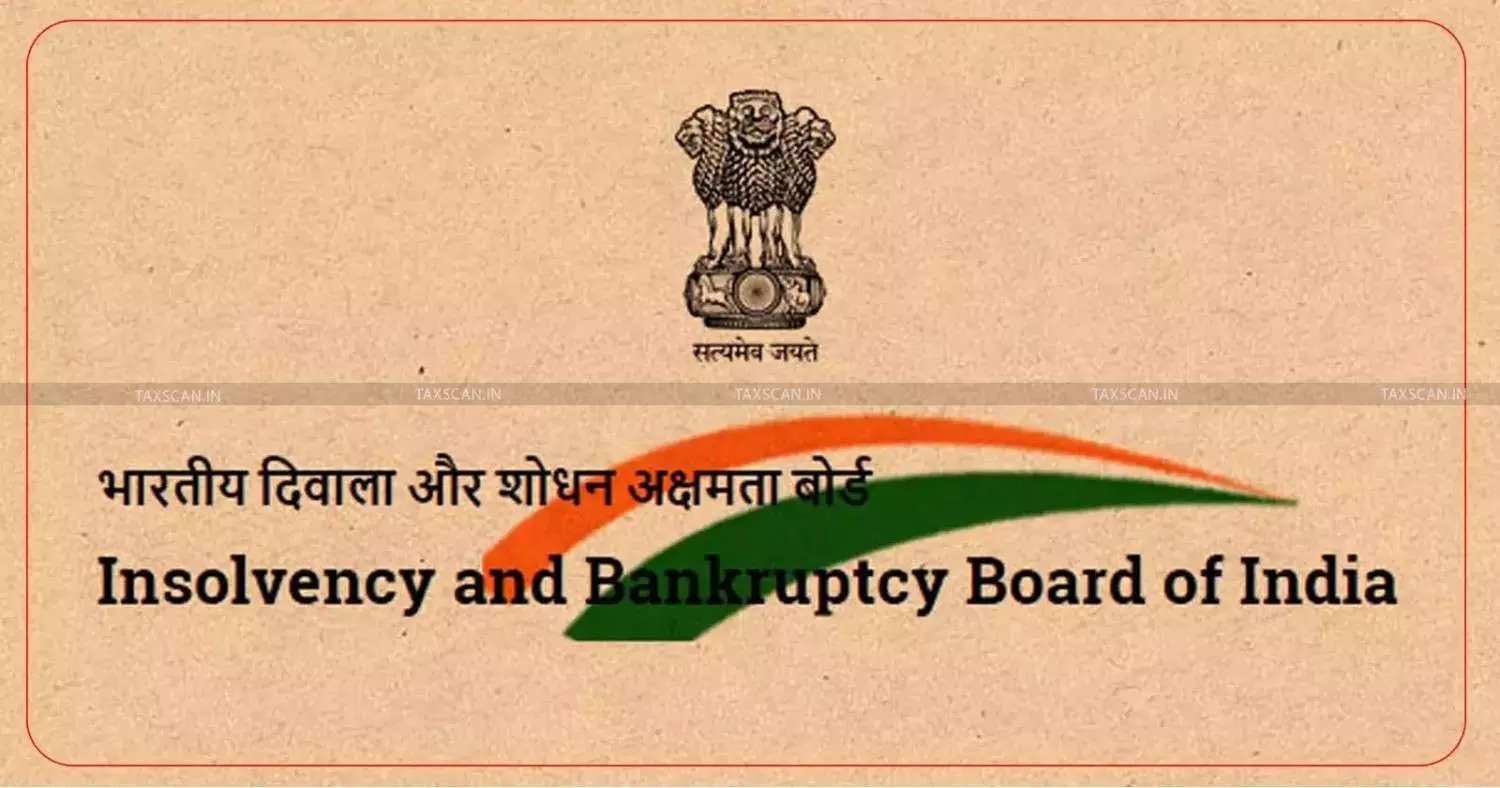IBBI dismisses RTI Appeals, Citing Lack of Information and Commercial Exemptions
The CPIO had correctly applied the provisions of the RTI Act by stating that the information was not held or was exempt, the Appellate Authority dismissed both appeals.

The First Appellate Authority of the Insolvency and Bankruptcy Board of India ( IBBI ) has dismissed two appeals filed and upheld the denial of information sought under the RTI Act concerning the corporate insolvency resolution process of Micro Dynamics Pvt. Ltd.
The appellant, Ishrat Ali had filed two RTI appeals. In the first, he sought specific procedural dates related to the case, such as when the admission order was received by the IBBI. In the second, he sought details of the action taken by the Board against a former Resolution Professional, including the explanation submitted by her. The Central Public Information Officer (CPIO) had replied that the information was either not available with the Board or was exempt from disclosure.
The Appellant had sought information on the action taken by the Board against Ms. Anagha Anasingaraju (former resolution professional of CD) for conducting CIRP of the CD backed by an alleged fraud judicial order from Sept 2019 till March 2020. Moreover, the Appellant had sought information on the explanation submitted by the accused to the Board and the action taken by the Board.
Comprehensive Guide of Law and Procedure for Filing of Income Tax Appeals, Click Here
The CPIO has replied that the Board has already examined the complaint and that explanations provided by the accused are exempted under Section 8(1)(e) and Section 8(1)(j) of the RTI Act. Aggrieved with the same, the Appellant has filed the present Appeal stating that the CPIO has wrongly denied the information
In terms of section 2(f) of the RTI Act ‘information’ means “any material in any form, including records, documents, memos e-mails, opinions, advices, press releases, circulars, orders, logbooks, contracts, reports, papers, samples, models, data material held in any electronic form and information relating to any private body which can be accessed by a public authority under any other law for the time being in force.”
It is pertinent to note that the Appellant’s “right to information’ flows from section 3 of the RTI Act and the said right is subject to other provisions of the Act. Section 2(j) of the RTI Act defines the “right to information” in term of information accessible under the Act which is held by or is under the control of a public authority. Thus, if the public authority holds any information in the form of data, statistics, abstracts, etc. an applicant can have access to the same under the RTI Act subject to exemptions under section 8.
With regard to RTI Appeal No. ISBBI/A/E/25/000119, it is pertinent to note that the date of receipt of the order at IBBI, name of the authority receiving the order and the uploading of the same order on the website is not available with the Board. Since the information is not “held or under the control of public authority” within the meaning of information under Section 2(f) of the Act, the CPIO is not obligated to create new information.
Understanding Common Mode of Tax Evasion with Practical Scenarios, Click Here
The CIC in M Jameel Basha Vs. CPIO, Ministry of Personnel Public Grievances & Pension, Department of Personnel & Training, North Block, New Delhi has observed that, “Commission concedes with the submission of the CPIO as no information has been sought as per Section 2(f) of the RTI Act. It may be noted that under RTI Act, CPIO is not supposed to create information or interpret/clarify/deduct information in respect of queries/clarifications. Similarly, redressal of grievance, noncompliance of rules, contesting the actions of respondent public authority and suggesting correction in government policies are outside the purview of the RTI Act.”
With regard to RTI Appeal No. ISBBI/A/E/25/000120, insofar as the explanation provided by the accused to the Board is concerned, I note that the communications between the IP and IBBI are in the context of a complaint related to a corporate insolvency resolution process of a corporate debtor and do contain details which are commercial in nature and disclosure of such details about IP or corporate debtor could harm their competitive positions.
While providing any information received from the IP to a third party, the Respondent cannot be oblivious to the fact that by information disclosure, no harm is caused to the commercial transactions in corporate insolvency process or to the persons associated with the process. Accordingly, the requested information is exempted under section 8(1)(d).
The First Appellate Authority, Kulwant Singh, reiterated that the right to information under the RTI Act is confined to material already held by or under the control of the public authority. The Authority emphasized that the CPIO is not obligated to create new information, interpret, or deduce information, citing a decision of the Central Information Commission (CIC).
For the second appeal, it held that the explanation submitted by the Resolution Professional to the Board contains commercial details and is exempt under Section 8(1)(d) of the RTI Act, as its disclosure could harm the competitive position of the parties involved. The Authority noted that the appellant had already been informed of the outcome of the Board's examination.
Consequently, finding that the CPIO had correctly applied the provisions of the RTI Act by stating that the information was not held or was exempt, the Appellate Authority dismissed both appeals.
Support our journalism by subscribing to Taxscanpremium. Follow us on Telegram for quick updates


